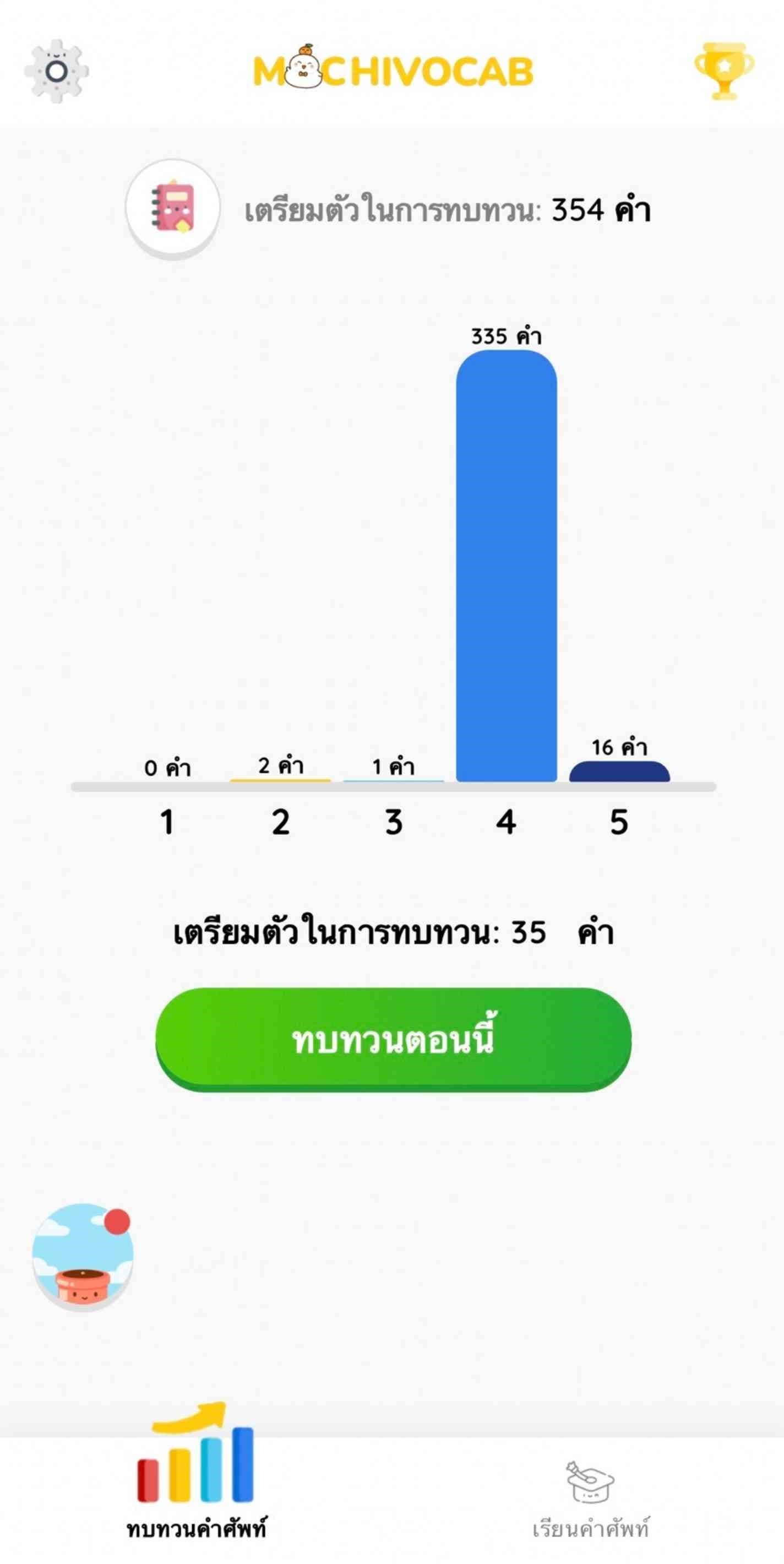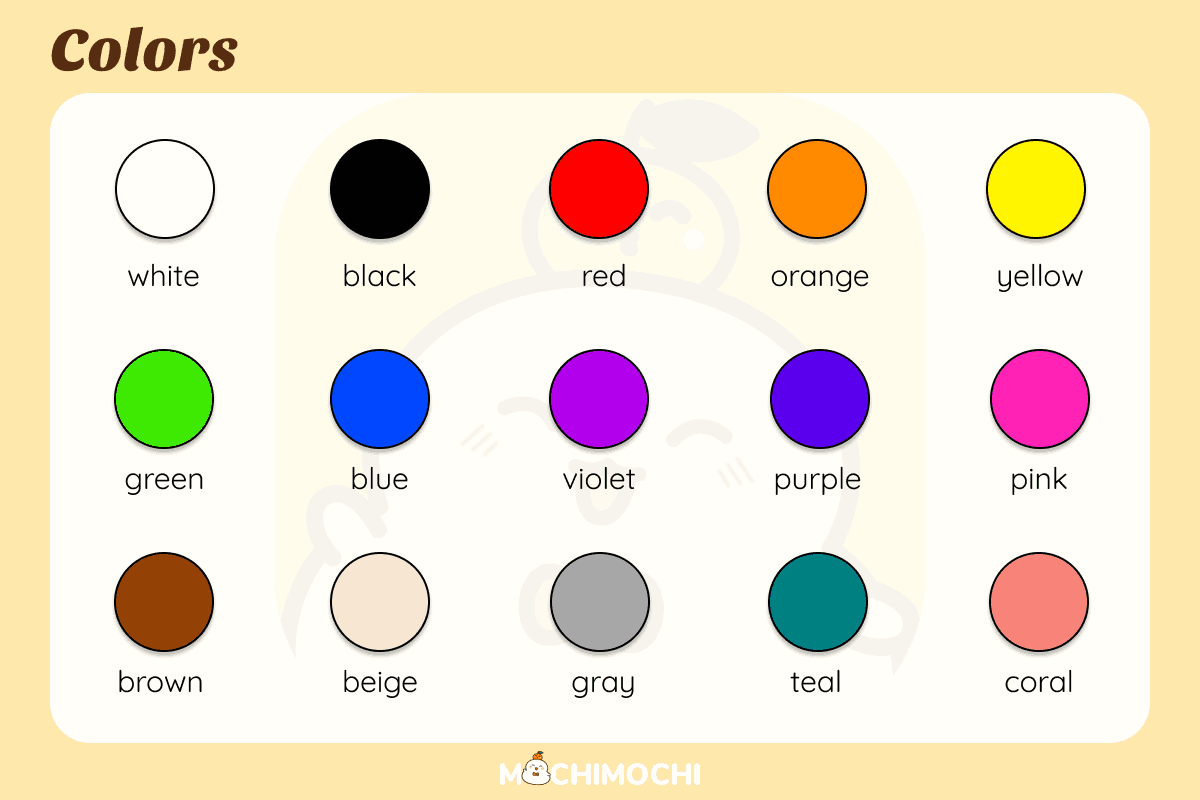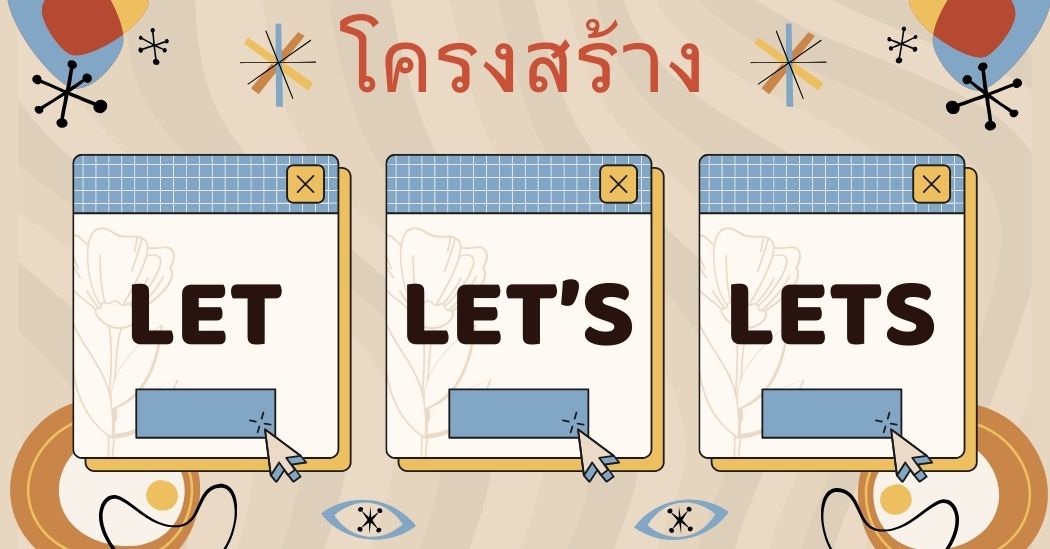IELTS Speaking เป็นส่วนสำคัญในการสอบ IELTS ซึ่งเป็นการประเมินทักษะการสื่อสารและการนำเสนอของผู้เข้าสอบ การเตรียมหัวข้อยอดนิยมล่วงหน้าเป็นสิ่งสำคัญสำหรับการสอบ IELTS Speaking ในบทความนี้ MochiMochi จะแนะนำหัวข้อยอดนิยมที่ช่วยให้คุณ “พิชิต” การสอบ IELTS Speaking ได้อย่างมั่นใจตั้งแต่ช่วงแรก และสร้างความประทับใจให้กับกรรมการ
โครงสร้างการสอบ IELTS Speaking
การสอบ IELTS Speaking ประกอบด้วย 3 ส่วน โดยแต่ละส่วนจะมีโครงสร้างที่แตกต่างกัน ดังนี้
Part 1 (Introduction and Interview)
- ระยะเวลา: 4-5 นาที
- เนื้อหา: ผู้เข้าสอบจะถูกถามคำถามทั่วไปที่เกี่ยวข้องกับหัวข้อที่คุ้นเคย เช่น เกี่ยวกับตัวเอง งานอดิเรก งาน
- วัตถุประสงค์: ประเมินความสามารถในการตอบสนองอย่างรวดเร็ว และทักษะการสื่อสารขั้นพื้นฐานของผู้สอบ
Part 2 (Long turn)
- ระยะเวลา: 1 นาทีสำหรับการเตรียมตัว และ 2 นาทีสำหรับการนำเสนอ
- เนื้อหา: ผู้เข้าสอบจะได้รับบัตรคำถามซึ่งมีหัวข้อที่เฉพาะเจาะจง และมีเวลา 1 นาทีในการเตรียมตัวก่อนพูด หลังจากการนำเสนอ 2 นาที ผู้ทดสอบจะถามคำถามเพิ่มเติมเกี่ยวกับเนื้อหาที่นำเสนอ
- วัตถุประสงค์: เพื่อประเมินความสามารถในการพัฒนาความคิด การใช้คำศัพท์และไวยากรณ์ และการรักษาความเชื่อมโยงและความลื่นไหลในการพูด
Part 3 (Discussion)
- ระยะเวลา: 4-5 นาที
- เนื้อหา: ผู้เข้าสอบจะสนทนากับกรรมการในประเด็นที่เกี่ยวข้องกับหัวข้อใน Part 2
- วัตถุประสงค์: ประเมินความรู้และความเข้าใจความรู้ทั่วไปของคุณ และอภิปรายหัวข้อนามธรรม แสดงความคิดเห็นส่วนตัวของผู้เข้าสอบ
หัวข้อ IELTS Speaking ที่พบบ่อย
IELTS Speaking Part 1
คำถามใน IELTS Speaking Part 1 มักจะเป็นเรื่องส่วนตัว และบ่อยครั้งเกี่ยวกับหัวข้อที่คุ้นเคยในชีวิตประจำวัน คุณสามารถดูหัวข้อด้านล่างเพื่อฝึกฝนก่อนการสอบ:
| TOPIC | QUESTIONS |
|---|---|
| Introduce yourself | May I know your full name? Is there an interesting story behind your name? Where are you from? Tell me about your hometown.What is your current professional role? |
| Family | Do you have a large or small family? How close are you to your family members? What are some of your favorite family traditions? Who are you close to in your family? Have you ever had a disagreement with a family member? How did you resolve it? Tell me about someone in your family you admire. Do you have any siblings? If so, how do you get along with them? |
| Work | Do you currently have a job? If so, what do you do? What kind of work environment do you prefer? Why did you choose this job? How did you get your job? What are your future career plans? Do you prefer working independently or as part of a team. Why? Have you ever changed careers? If so, what motivated you to do so? |
| Hobbies | Do you have a hobby? What are some popular free-time activities for Thailand young people? Are there any harmful hobbies? Do you like reading? What kind of book do you like? Do you think hobbies should be shared with other people? Did you have a hobby as a child? What hobbies are popular in your country? Why do you think people have hobbies? |
| Study | Why did you choose that subject? Is it a popular subject in your country? Do you like that subject? If you had the chance, would you change the subject? Do you plan to get a job in the same field as your subject? What do you study? Where do you study that? Do you get on with your colleagues? What was your first day like? What are the main aspects of your subject? |
| Hometown | Let’s talk about your hometown. Where is your hometown? What is there for a foreigner to do or see in your hometown? How could your hometown be improved? Has your hometown changed much since you were a child? What do you like most about your hometown? What do you not like about it? Is there good public transportation in your hometown? Do you think your hometown is a good place to bring up children? |
| Birthday | When is your birthday? What do you like most about your birthday? Have you ever had a surprise birthday party? Do you prefer to celebrate your birthday at home or go out? What kind of food do you usually eat on your birthday? Do you think birthdays become less important as you get older? |
IELTS Speaking Part 2
สำหรับ IELTS Speaking Part 2 หลังจากเตรียมตัว 1 นาที ผู้เข้าสอบจะต้องนำเสนอหัวข้อใด ๆ เป็นเวลาสูงสุด 2 นาที หัวข้อที่พบบ่อยที่สุดคือคำอธิบายบุคคล สิ่งของ สถานที่ หรือเหตุการณ์ต่างๆ คุณสามารถดูตัวอย่างธีมด้านล่าง:
| TOPIC | QUESTIONS |
|---|---|
| Describe a person | Describe a person who you admire. Describe a person who has influenced you. Describe a famous person who you would like to meet. Describe a person who you think is very hardworking. Describe an intelligent person you know. Describe a family member you spend time with. |
| Describe an object | Describe a book you have read that you really enjoyed. Describe an object that is special to you. Describe a piece of technology you use a lot. Describe an item you bought but do not often use Describe an object that you think is beautiful. Describe an object you like or like using. Describe a souvenir you bought when you traveled. |
| Describe an event | Describe a social or community event you have participated in. Describe a celebration that is important in your country. Describe a concert or live performance you have attended. Describe a cultural festival or event that you have attended. Describe a time you received money as a gift Describe a wedding or other happy event you have attended. Describe a sports event or match you have attended. |
| Describe a place | Describe a city or town you have visited and liked. Describe a historical building you have visited. Describe a place you have visited which impressed you. Describe a place you have been to that was very crowded. Describe a place you know that has a beautiful natural environment. |
| Describe an experience | Describe an occasion when you celebrated an achievement. Describe a positive experience that you had as a teenager. Describe an activity you usually do that wastes your time. Describe an occasion when you got angry. Describe a bad weather experience you have had. Describe a time when you saw a lot of plastic waste (in a park, on a beach, etc). |
IELTS Speaking Part 3
IELTS Speaking Part 3 เป็นส่วนสุดท้ายของการสอบ IELTS Speaking และถือว่าเป็นส่วนที่ยากที่สุด เนื่องจากคำถามมักเป็นนามธรรม อย่างไรก็ตาม คำถามเหล่านี้มักจะเชื่อมโยงกับหัวข้อที่กล่าวถึงใน Part 2 ต่อไปนี้เป็นตัวอย่างคำถามบางส่วนที่เกี่ยวข้องกับหัวข้อทั่วไปในส่วนนี้:
| TOPIC | QUESTIONS |
|---|---|
| Technology | Are there any concerns you have about our increasing reliance on technology? How do you think technology will change the way we work in the future? Do you think computers make our life simpler or more complex? How do you think technology has changed the way we communicate with each other? How do you find a balance between using technology and spending time offline? What do you think of people who are addicted to playing online games? How can we ensure that technology is used for good and not harm? |
| Business | What are popular small businesses in your country? Has globalization affected small businesses in your country? Do you think it’s important to purchase products from your own country rather than from abroad? How do you think technology will change the way businesses operate in the future? Do you believe globalization will continue to be a major trend in business? What are your predictions for the future of specific industries, such as retail or manufacturing? |
| Education | Which one do you think is more important? Practical skills or academic skills? What do you think are the most important qualities for a good teacher? What should teachers do to make students obey rules? How do you think the role of teachers has changed over the years? What are some of the benefits and drawbacks of online learning? How can people improve their memory? How can parents help their children succeed in school? |
| Advertising | Do you think advertisements are a good or bad influence on consumers? Why? Are adverts useful for people? What kinds of adverts are most common in your country? Which are more effective: adverts on TV or adverts on social media? Do you think advertising aimed at children is acceptable? What do you think about advertising for fast food? Do you think some types of adverts should be banned? Do you believe there will be a time when traditional advertising disappears completely? |
| Environment | What kinds of pollution are serious in your country? What do you think are the most effective ways to reduce carbon emissions? What can individuals do to protect our environment? How can we encourage more people to use public transportation? Why is there a need to involve the government in environmental protection? What are some of the benefits and drawbacks of renewable energy sources? How can individuals make a difference in protecting the environment? |
เคล็ดลับพิชิตการสอบ IELTS Speaking
IELTS Speaking เป็นส่วนสำคัญในการสอบ IELTS ซึ่งเป็นการประเมินทักษะการสื่อสารภาษาอังกฤษของผู้เข้าสอบ ส่วนนี้มักถูกมองว่าเป็นส่วนที่ยาก โดยเฉพาะอย่างยิ่งสำหรับผู้เข้าสอบที่ยังไม่มีประสบการณ์มากนัก อย่างไรก็ตาม ด้วยการเตรียมตัวอย่างดี และการใช้เทคนิคดีๆ คุณก็สามารถพิชิตส่วนนี้ และทำคะแนนได้ดี
MochiMochi ขอแนะนำเคล็ดลับดีๆ ที่จะช่วยให้คุณพิชิตการสอบ IELTS Speaking ได้อย่างมั่นใจ!
เกี่ยวกับคำศัพท์
ในการสอบ IELTS Speaking สิ่งที่คุณต้องการทำคือปรับปรุงคำศัพท์ของคุณ คุณต้องมีเครื่องมือดีๆ เช่น MochiVocab เพื่อช่วยในการฝึกฝน
MochiVocab เป็นแอปพลิเคชันสำหรับเรียนรู้คำศัพท์ ที่มีคอร์สเรียน IELTS ตั้งแต่ระดับพื้นฐานจนถึงระดับสูง คอร์สเรียนมีคำศัพท์ IELTS คุณภาพสูง จัดกลุ่มตามหัวข้อ ช่วยให้คุณประหยัดเวลาในการค้นหา และรวบรวมคำศัพท์ด้วยตัวเอง ด้วยการเรียนรู้โดยใช้วิธี Spaced Repetition (การทบทวนแบบเว้นระยะ) คุณสามารถจดจำคำศัพท์ IELTS นับพันคำได้อย่างรวดเร็ว
นอกจากการมอบคำศัพท์มากมายแล้ว MochiVocab ยังคำนวณ “ช่วงเวลาทอง” เพื่อเตือนให้คุณทบทวนในเวลาที่เหมาะสม ซึ่งจะช่วยให้การจดจำคำศัพท์มีประสิทธิภาพมากยิ่งขึ้น
นอกจากฟีเจอร์ “ช่วงเวลาทอง” แล้ว MochiVocab ยังมีฟีเจอร์ที่น่าสนใจอีกมากมาย เช่น:
- 5 ระดับคำศัพท์: จัดเรียงคำศัพท์ที่คุณเรียนรู้แล้วตามระดับความจำ 5 ระดับ (ตั้งแต่คำศัพท์ใหม่ ไปจนถึงคำศัพท์ที่จดจำได้แม่นยำ)
- เรียนรู้คำศัพท์: MochiVocab มีคอร์สเรียนมากมายครอบคลุมหลากหัวข้อ แต่ละคอร์สเรียนจะแบ่งออกเป็นบทเรียนย่อยๆ 10-20 บท โดยแต่ละบทเรียนจะใช้ flashcard ซึ่งประกอบด้วยคำศัพท์ภาษาอังกฤษ ความหมายภาษาไทย คำอ่าน คำอ่านแบบสัทอักษร ประโยคตัวอย่าง และคำแปล
- ค้นหาและบันทึกคำศัพท์: ช่วยให้คุณค้นหาและเพิ่มคำศัพท์ใหม่มากกว่า 70,000 คำลงในหนังสือคำศัพท์ของคุณ นอกจากคำศัพท์ที่รวมอยู่ในหลักสูตรแล้วสิ่งเดียวกันนี้เกิดขึ้นกับคำศัพท์ที่มีอยู่ในแอปพลิเคชัน คุณจะพบความหมาย การออกเสียง (อเมริกันและอังกฤษ) การออกเสียง และประโยคตัวอย่างโดยใช้คำนั้น และแปลประโยคตัวอย่าง
- สมุดคำศัพท์: ช่วยคุณสรุปคำศัพท์ที่เรียนรู้แล้ว แบ่งตามระดับความจำ คุณสามารถจัดการสมุดคำศัพท์ของคุณได้ เช่น ซ่อนคำศัพท์ที่จดจำได้แล้ว และดูคำศัพท์ที่ต้องทบทวนเพิ่มเติม



ในระหว่างการเรียนรู้คำศัพท์ตามหัวข้อ คุณควรฝึกฝนการค้นหาคำศัพท์ เพื่อให้ทราบความหมายที่ถูกต้อง ศึกษาการใช้คำศัพท์ให้ถูกต้องตามบริบท เพื่อหลีกเลี่ยงการใช้คำผิดความหมาย ซึ่งอาจทำให้เสียคะแนนในการสอบได้
นอกจากนี้ แทนที่จะเรียนรู้คำศัพท์เดี่ยวๆ ให้ลองเรียนรู้ collocations หรือกลุ่มคำที่มักใช้ร่วมกัน เพื่อให้การพูดของคุณเป็นธรรมชาติ และถูกต้องมากยิ่งขึ้น วิธีนี้จะช่วยให้คุณแสดงให้เห็นถึงความสามารถทางด้านภาษา และสร้างความประทับใจให้กับกรรมการได้
สุดท้ายนี้ อย่าลืมใช้คำศัพท์ที่เหมาะสม และมีความยืดหยุ่นในการใช้งาน เพื่อให้ได้ผลลัพธ์ที่ดีที่สุดในการสอบ IELTS Speaking!
เกี่ยวกับไวยากรณ์
ในการสอบ IELTS Speaking ส่วนนี้ ผู้เข้าสอบต้องเข้าใจโครงสร้างไวยากรณ์ที่พบบ่อย เช่น ประโยคความเดียว ประโยคความรวม Tense Voice Clause และฝึกฝนการใช้โครงสร้างไวยากรณ์เหล่านี้อย่างถูกต้อง และยืดหยุ่นในการสื่อสาร
ผู้เข้าสอบควรใช้โครงสร้างไวยากรณ์ที่หลากหลาย หลีกเลี่ยงการใช้โครงสร้างง่ายๆ ซ้ำๆ และควรใช้โครงสร้างไวยากรณ์ที่ซับซ้อนมากขึ้นอย่างถูกต้อง เพื่อแสดงให้เห็นถึงทักษะทางภาษาที่ดีขึ้น
เพียงใช้เทคนิคนี้ และเครื่องมือข้างต้น คุณสามารถพิชิต IELTS Speaking และสร้างความประทับใจให้กับกรรมการได้อย่างแน่นอน ฝึกฝนอย่างสม่ำเสมอและพัฒนาทักษะการสื่อสารภาษาอังกฤษของคุณ เพื่อให้ได้ผลลัพธ์ที่ดีที่สุดในการสอบ IELTS MochiMochi ขอให้คุณโชคดีในการสอบ!


